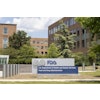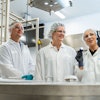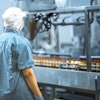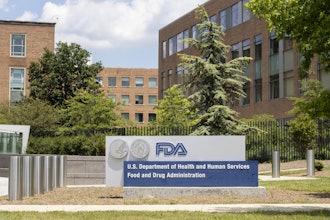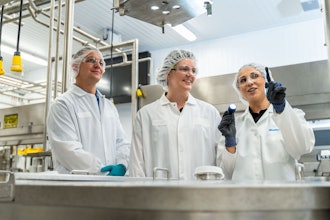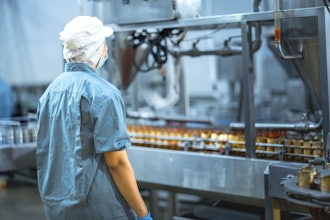
Anheuser-Busch is making good on its pledge to be a more renewable brewer.
The company said it is partnering with San Francisco-based solar developer Recurrent Energy, which will build and maintain a 2,000-acre solar farm in Pecos County, Texas.
Once it's completed in 2021, Anheuser-Busch will buy credits based on the energy the facility is delivering to the grid. Those credits will offset the electricity the company uses at its 22 U.S. breweries.
The new solar facility is the size of 1,500 football fields and will produce 650 gigawatt hours of energy each year— the equivalent of brewing 20 billion 12-ounce servings of beer. Anheuser-Busch says the facility will help the country's largest brewer meet its renewable energy goal for all its U.S. beers.
Anheuser-Busch President and CEO Michel Doukeris wouldn't give financial details of the agreement, but says it's a smart investment.
"We do this not because of the cost, but because of a strong belief that we have that it's good for business, it's good for society and we all need to play an important role in the environment," Doukeris told The Associated Press.
Doukeris said the effort also appeals to consumers.
"They really love and engage further with brands that are responsible and have a purpose," he said.
Anheuser-Busch has a similar energy purchase agreement with an Oklahoma wind farm that opened in 2017. It's part of a commitment made by the company's parent, Belgium-based Anheuser-Busch InBev, to have 100% of its purchased electricity be from renewable sources by 2025.
Other beverage companies like Danish brewer Carlsberg Group and London-based Diageo, which makes Guinness and various spirits, are also increasing their reliance on renewable energy. And Anheuser-Busch rival MillerCoors says its Irwindale, California, facility has the largest solar installation of any U.S. brewery. MillerCoors is aiming to reduce carbon emissions from its operations by 50% by 2025.

